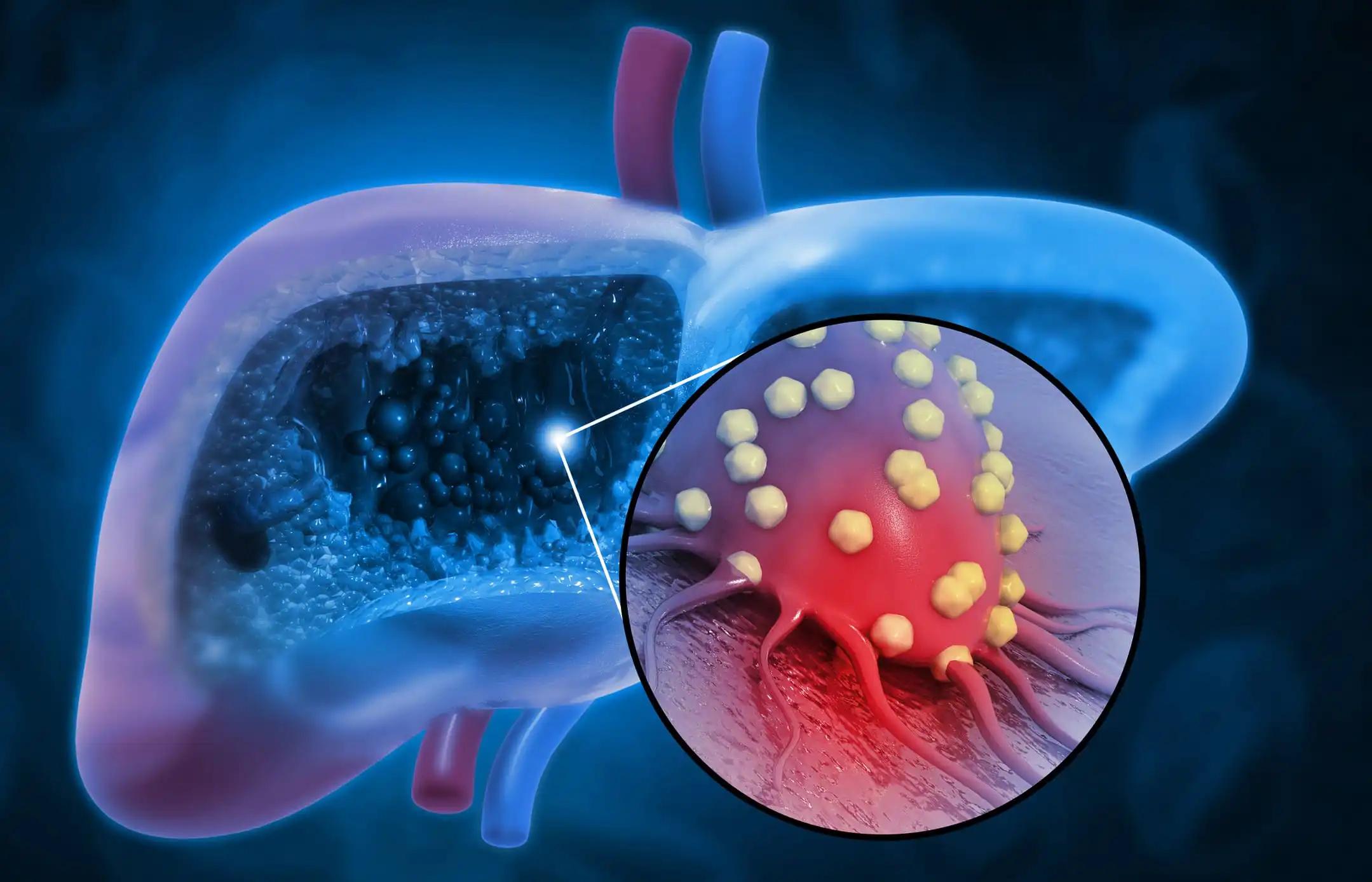KEY TAKEAWAYS
- The early phase 1 trial aimed to investigate the efficacy and safety of combination checkpoint inhibition therapy with Y90 radioembolization in advanced HCC patients.
- The primary endpoint was to determine PFS6.
- Researchers noticed promising efficacy and safety outcomes in patients with localized, poor prognosis HCC treated with pembro alongside glass Y90 radioembolization.
Combination checkpoint inhibition therapy, particularly with pembrolizumab (pembro) and yttrium-90 (Y90) radioembolization, has emerged as a promising avenue for treating advanced hepatocellular carcinoma (HCC). In the open-label, single-arm multicenter pilot study HCRN GI15-225.
Shawn Yu and his team aimed to assess the efficacy and safety of this therapeutic combination in patients with advanced HCC, providing a comprehensive evaluation of its clinical impact.
Researchers performed an inclusive analysis on eligible patients characterized by poor prognosis and localized HCC, manifesting as portal vein thrombus, multifocal, or diffuse disease deemed ineligible for liver transplant or surgical resection. The intervention comprised pembro administered intravenously at 200 mg every 3 weeks, combined with glass Y90 radioembolization using TheraSphere.
The primary endpoint focused on 6-month progression-free survival (PFS6) per RECIST 1.1 criteria. Secondary endpoints included time to progression (TTP), objective response rate (ORR), overall survival (OS), and an assessment of safety and tolerability.
About 29 patients were enrolled in the study, between October 23, 2017, and November 24, 2020, with 2 excluded per protocol. Of the remaining 27 patients, 15 (55.6%; 95% CI, 35.3-74.5) demonstrated PFS6. The median PFS was 9.95 months (95% CI, 4.14-15.24), and OS was 27.30 months (95% CI, 10.15-39.52). Notably, one patient was deemed not evaluable for response due to death. Among the remaining 26 patients, the ORR was 30.8% (95% CI, 14.3-51.8), and the disease control rate (DCR) was 84.6% (95% CI, 65.1-95.6).
The study concluded that in patients with localized, poor prognosis HCC, the combination of pembro and glass Y90 radioembolization exhibited promising efficacy and safety, aligning with prior observations.
The study is sponsored by NIH and was supported and funded by Merck Sharp & Dohme LLC and Hoosier Cancer Research Network
Source: https://pubmed.ncbi.nlm.nih.gov/38325328/
Clinical Trial: https://clinicaltrials.gov/study/NCT03099564
Yu S, Yu M, Keane B, et al. (2024). “A Pilot Study of Pembrolizumab in Combination With Y90 Radioembolization in Subjects With Poor Prognosis Hepatocellular Carcinoma.” Oncologist. 2024 Mar 4;29(3):270-e413. doi: 10.1093/oncolo/oyad331. PMID: 38325328; PMCID: PMC10911903.



